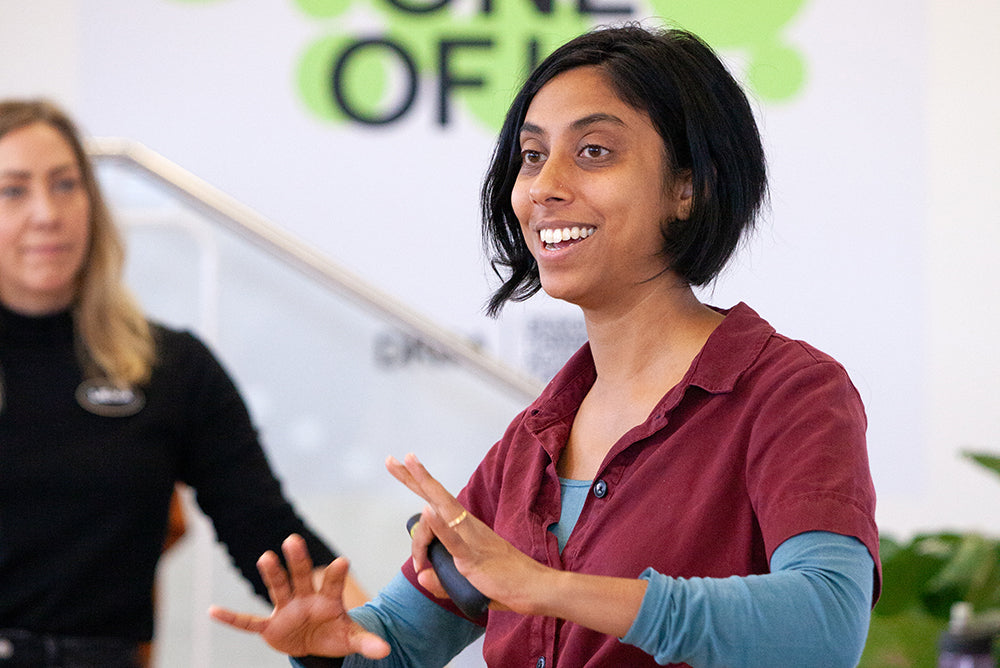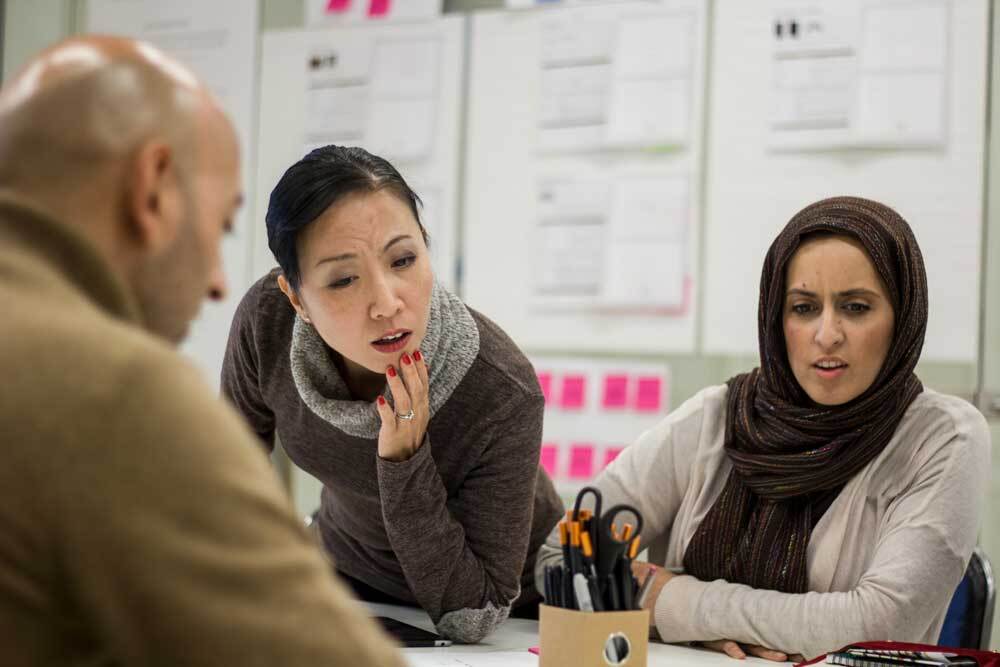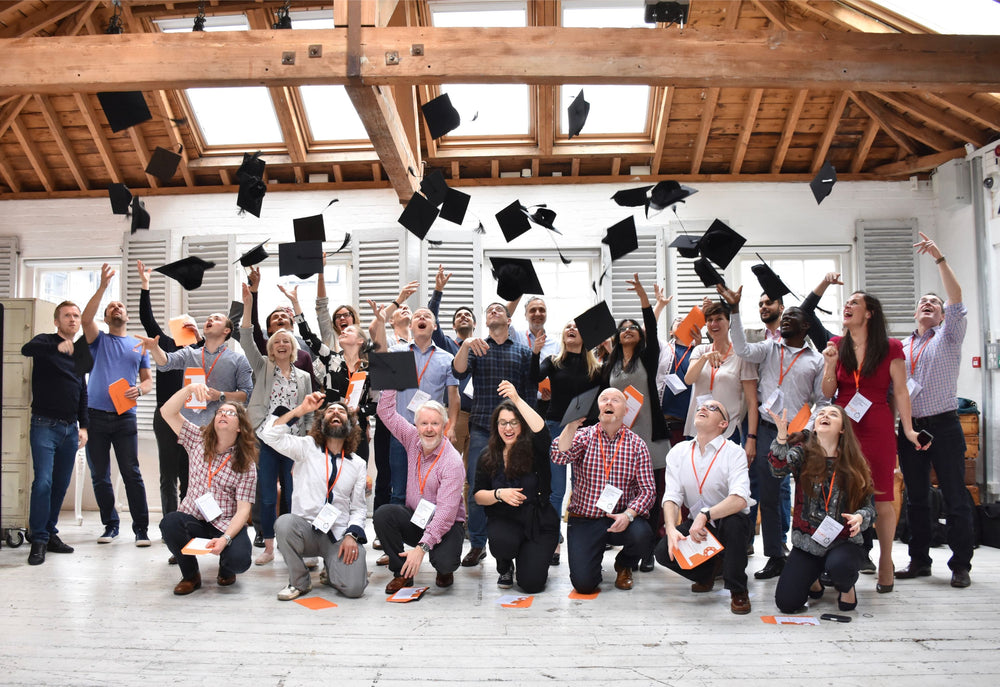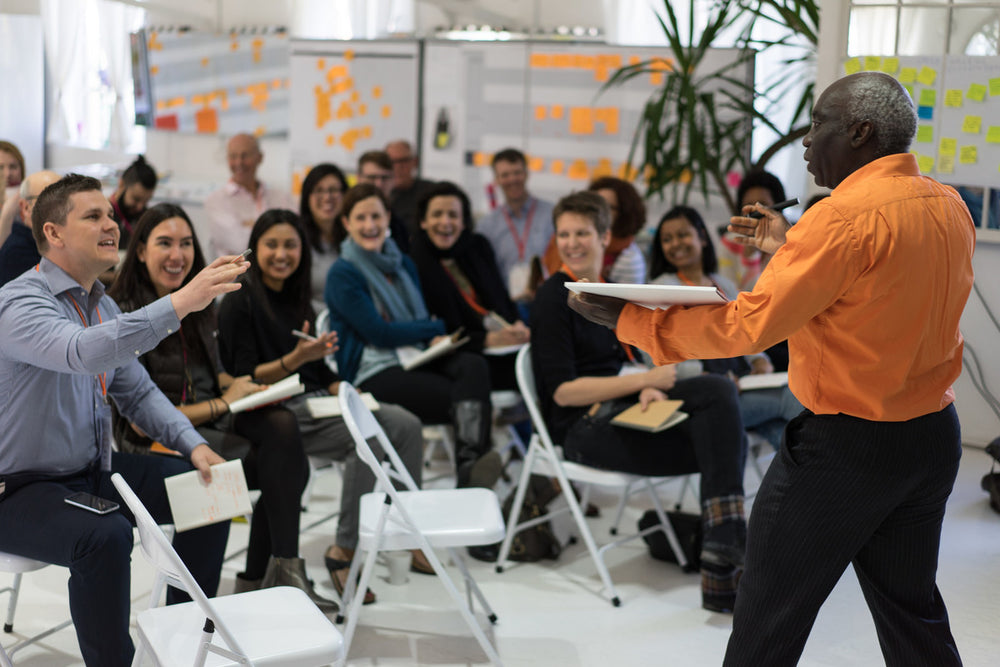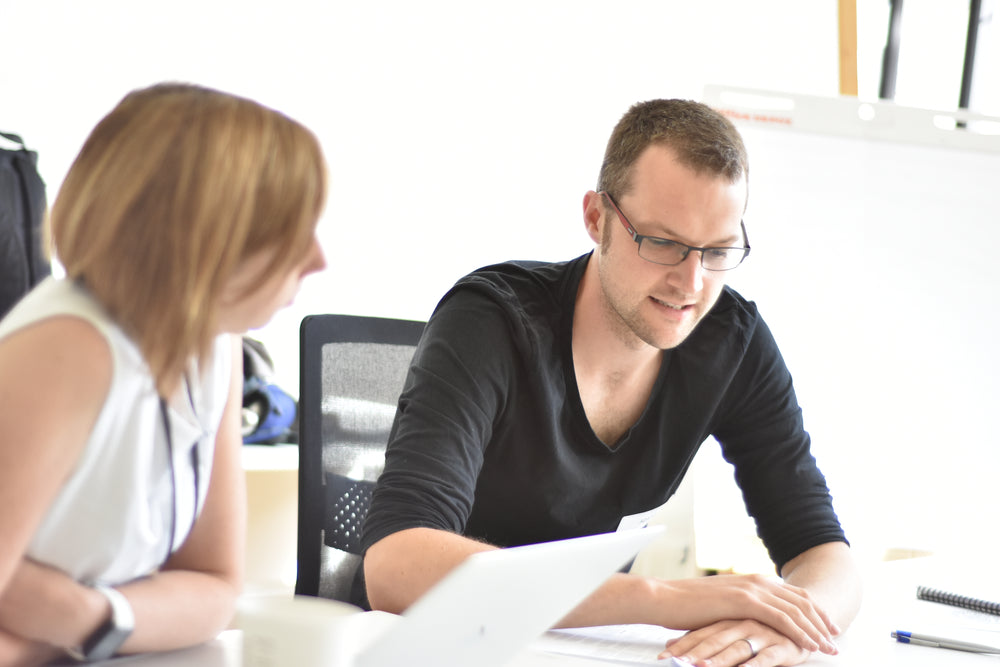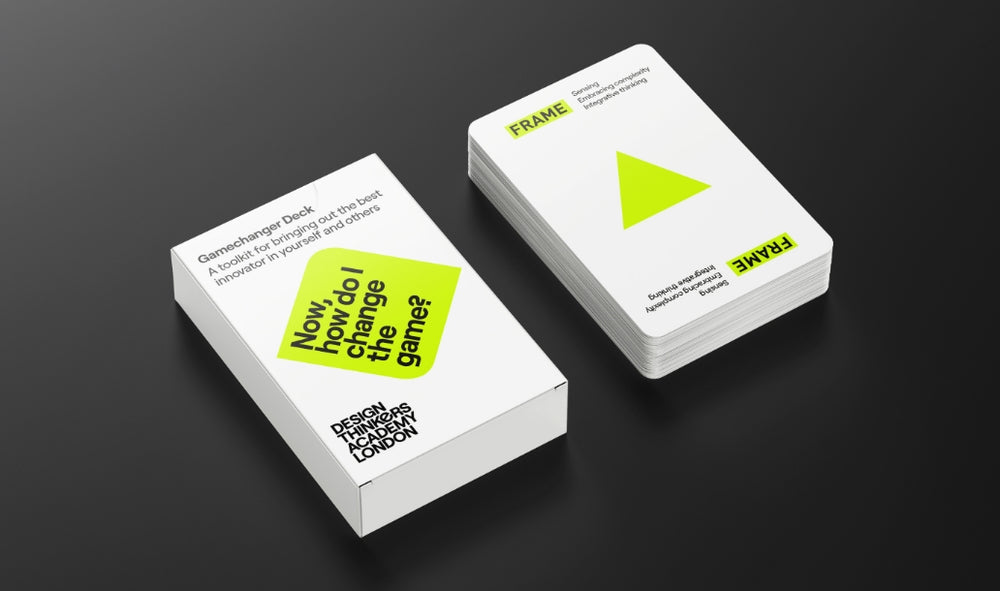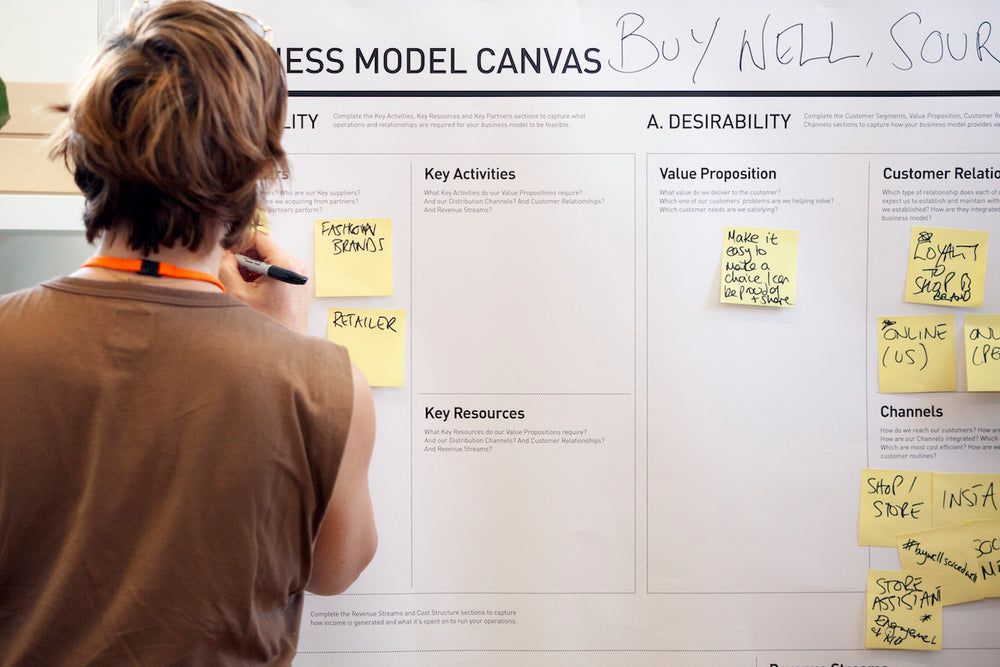“Every human being is creative. The essential task before us is to unleash the creative energies, talent, and potential of everyone. Prosperity in the Creative Age can only be fully realized when each and every worker is recognized and empowered as a source of creativity — when their talents are nurtured, their passions harnessed, and they are appropriately rewarded for their contributions.”
These are the words of urbanist and economist, Professor Richard Florida, from his influential 2002 book the Rise of the Creative Class. His definition of the creative class is broad. His argument is compelling. Economies need knowledge workers and they, in turn, require three important ingredients to be socially and economically useful: technology, talent, and, above all, tolerance.
Diversity of thought drives innovation, which in turn requires diversity in people. One Harvard study shows that firms where minorities form a critical mass at all levels are 70% more likely to capture a new market. The UK government’s review in 2017, chaired by Baroness McGregor-Smith, found that just closing the ethnicity pay gap could generate £24bn for the local economy.
Why would any business, region, or nation, in our modern enlightened age, self-sabotage by depriving itself of readily available talent? They shouldn’t but human systems are as flawed as we all are individually. Overcoming prejudices that hold back underrepresented communities requires behavioural change.
It’s a “wicked problem” with stubborn and systemic obstacles to the prize. We can put the problem in the too-hard box. We can delegate it to specialist teams. Or we recognise this is a mainstream imperative for employers, employees, citizens, and policymakers.
How do we collectively innovate around the unmet needs of a workforce to unlock its full talent potential?
This is the challenge is at the heart of the Mayor’s Design Lab – a workforce innovation project commissioned by the London Mayor and being delivered by DK&A with its not-for-profit partner, the Black Leadership Group.
One year on, The Lab currently has 28 company members and, with the help of industry partners, such as the CIPD Trust, it aims to expand to 60 firms across six key sectors: Health, Creative Industries, Social Care, the Green Economy, Digital and Hospitality.
On Wednesday 6 March, the Lab is hosting its first free livestreamed Symposium at London’s City Hall in partnership with NHS Employers and the CIPD Trust. Join us to hear about projects in progress, and what we’ve learned so far about an equity-centred design approach.
